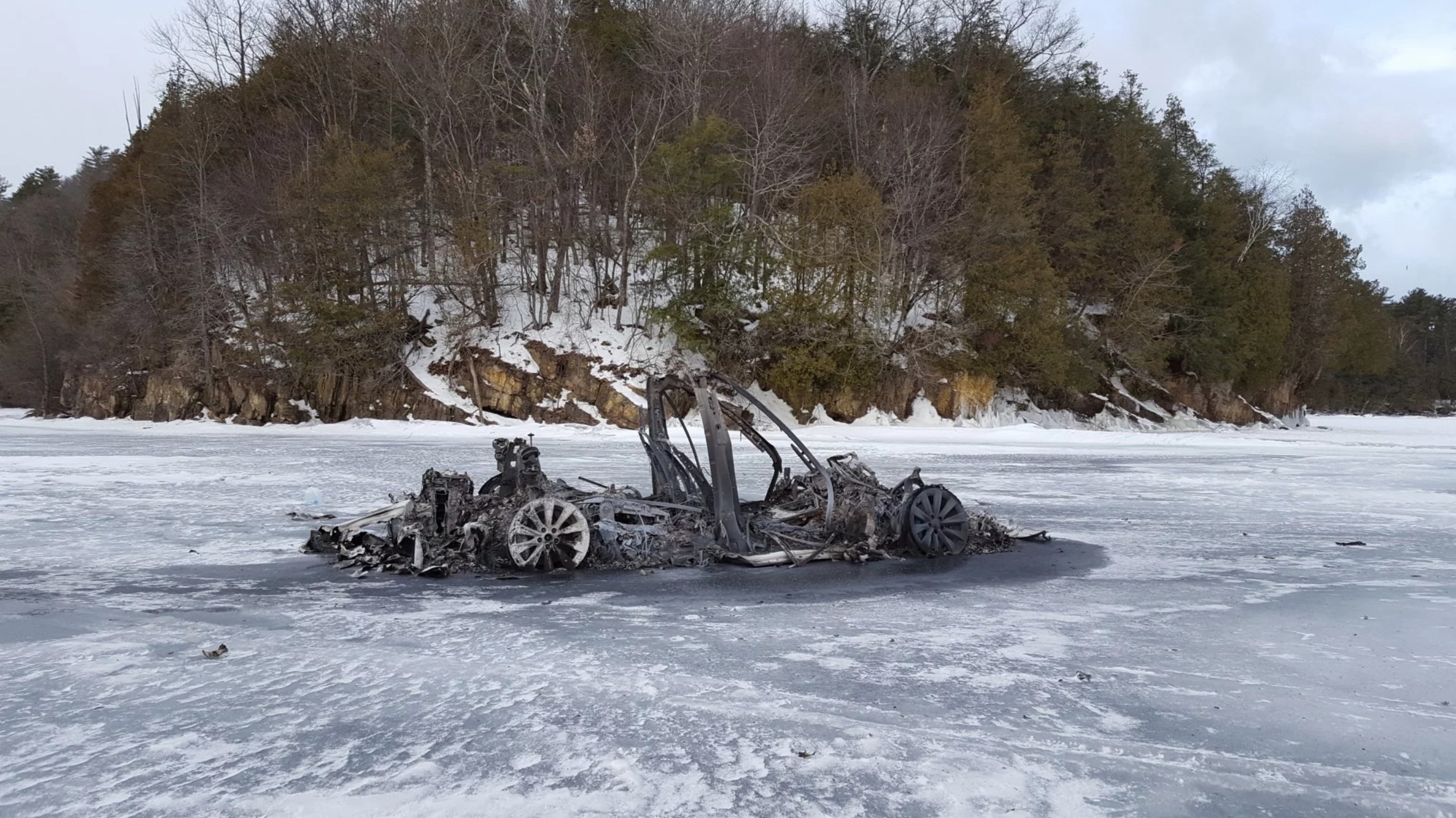First, Karen, thanks for raising awareness of the AMA, and the issues you brought up in your questions.
I want to point out a piece of Tesla/CR history that some here are probably not aware of and I think sets a precedent for CR making a change to their rating system that would mean restoring their "recommended" status for the Model 3 (and potentially upgrading their S and X ratings).
Tesla's vehicles have broken Consumer's Reports ICE age rating system, AND, CR knows this... in fact, CR already in the past choose to revise their rating system due to the Model S (P85D) scoring 103 out of 100 in 2015 (a revision that brought ratings of Tesla cars back towards the ICE car pack).
Tesla P85D Breaks Consumer Reports Rating Scale
A well done EV simply did and does things beyond what CR thought cars were capable of when they created their rating system (CR explicitly said the ratings by definition had a 100 top score, yet the Model S got that 103). The P85D they tested in 2015 did 0-60 in 3+ seconds, and got about 90 MPGe (all in a package that was the safest car ever tested by NHTSA, the US government agency that rates vehicle safety). Before Tesla, a car as fast as an M3 with double the fuel economy of a Prius was a fantasy.
As you can see in the Teslarati article, CR did not simply leave things in place where Tesla's would blow out ICE cars in their ratings. Instead they revised the rating system.
CR didn't give a detailed explanation of these revises, but, it's quite clear the revisions
understate areas where Teslas strongly best ICE cars. That is, given that Teslas score a 5/5 on fuel economy, do any of those ICE cars really deserve more than a 1/5? i.e., how does the BMW 3 series score a 4/5 on fuel economy when CR tested its mpg at 26 overall, while the Model 3 had a 130 mpge. Similar points could be made about Tesla's "transmission" (100% smooth) and acceleration (instant) as compared to ICE cars. To be fair, CR, could add a "range" category, to fairly reflect the one area EVs underperform ICE cars. That said, I think adding new OTA capability and Driver Assist capability ratings would be at least as important to add to their system as such a range rating.
The point is, Tesla's are outside of what CR's system can make sense of.
There is then the obvious logical flaw of the Model 3's recommendation being dropped due to a reader survey's "reliability" findings... the very same group of readers who gave the same car the highest score on the "Would you buy this car again?" owner satisfaction question. I know that Jake cited the Corvette and Jeep Wrangler (IIRC) as having had similar results, but, 1) CR's ratings system does not capture some of Tesla's advantages (AP is genuinely what blows me a way the most about my car... no AP for Corvette or Wrangler), 2) as has already been pointed out, lumping together issues that make the car undriveable together with paint, etc., issues, does not make sense, 3) not only are they dropping the car their readers rated "most satisfying," they are dropping the car with the best safety rating on the planet (this does
not apply to the Wrangler and Corvette).
The reason I put that paragraph above in bold large font, is that I think the fact that CR has already revised their rating system because Tesla's break the mold (and, that instance of a revise was favorable to all the ICE cars and unfavorable for Tesla) would be very helpful to bring into any further conversation with CR asking them to reconsider their recent removal of the Model 3 from their recommended list. That is, what better context for CR to revise their ratings because of Teslas breaking the mold of their rating system, than the fact that CR already did this in the past.



